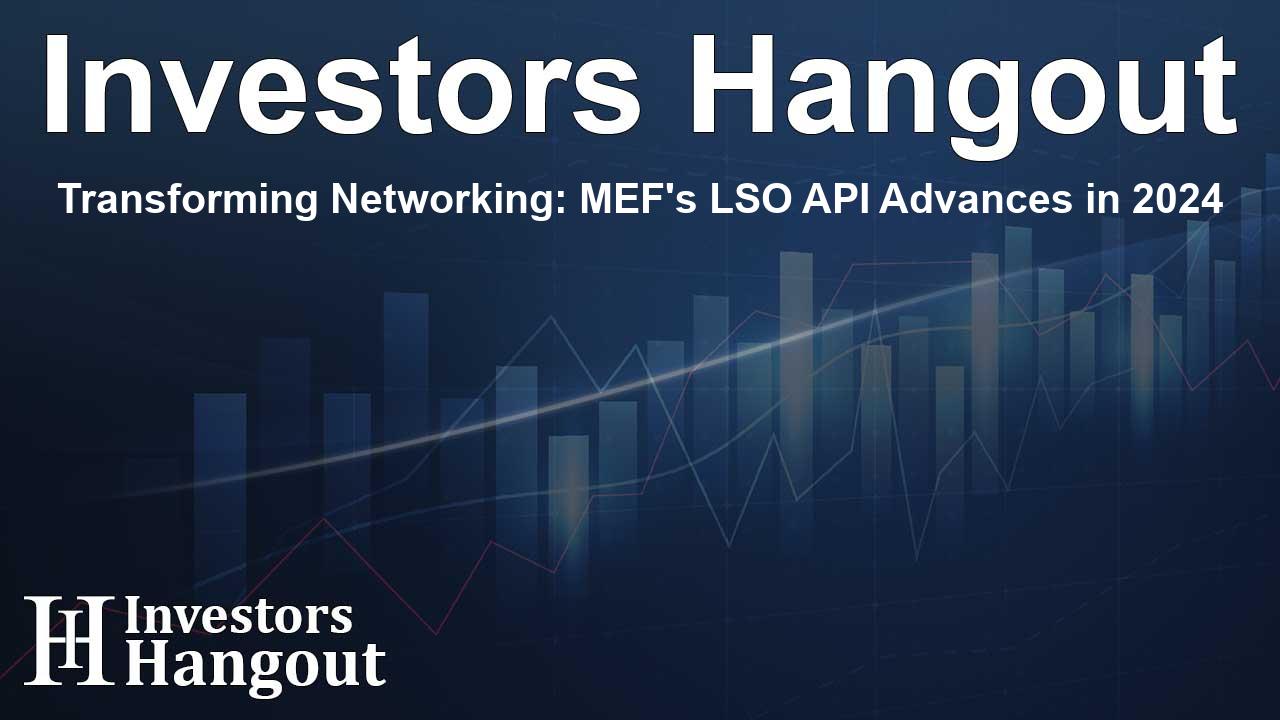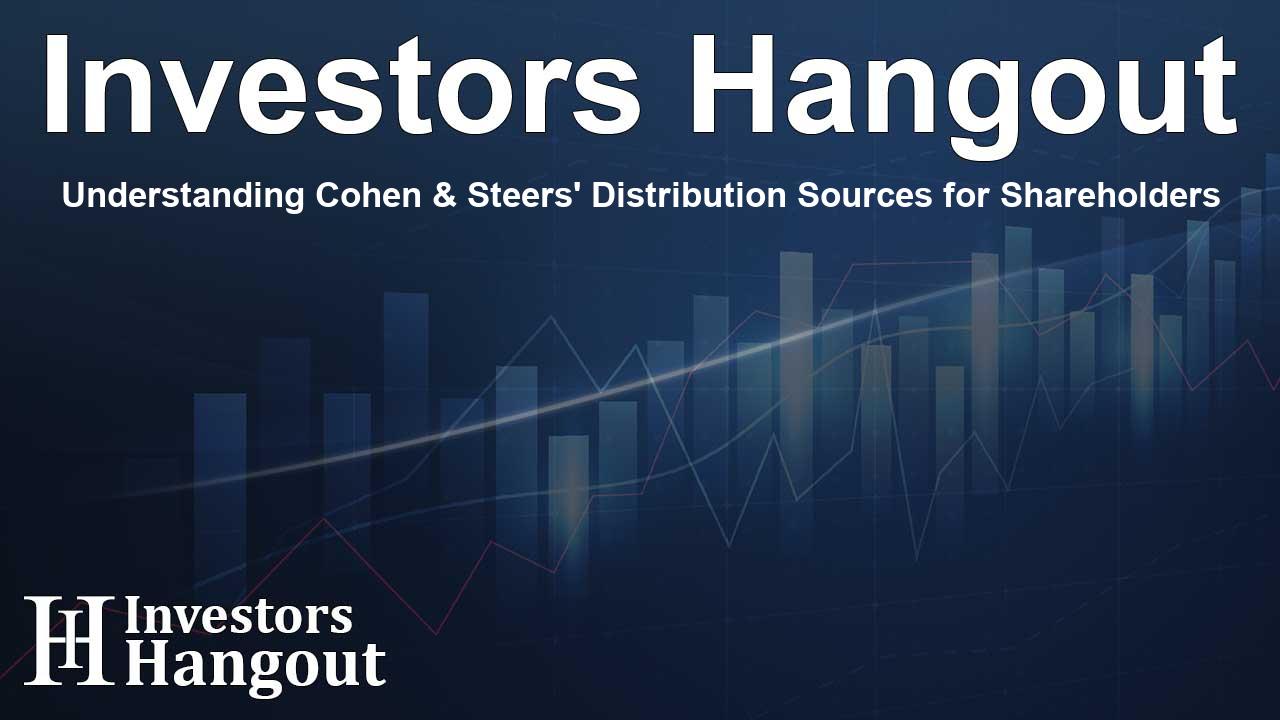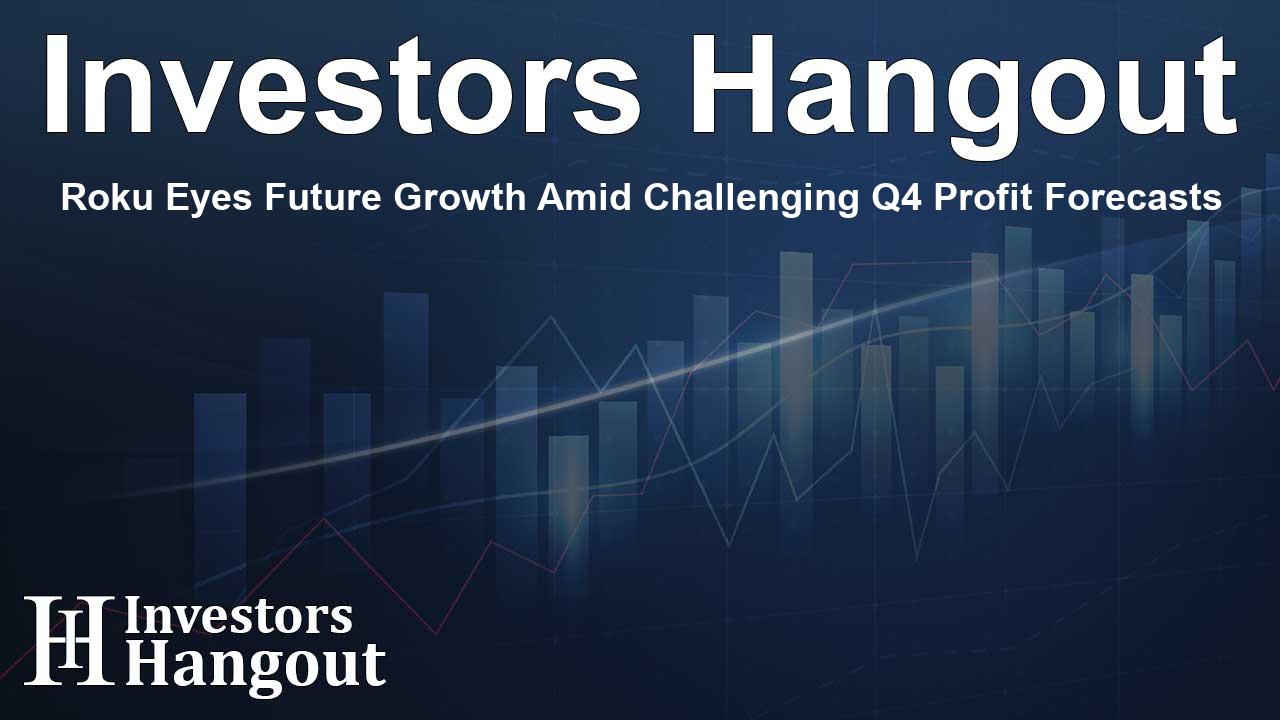Transforming Networking: MEF's LSO API Advances in 2024

Significant Growth in MEF’s LSO API Adoption
MEF has announced remarkable progress in the adoption of its Lifecycle Service Orchestration (LSO) APIs, engaging over 160 service providers from across numerous countries. This transformative movement highlights MEF’s dedication to redefining the standards in digital transformation for enterprises. The organization's recent initiatives, including an enhanced enterprise API suite and groundbreaking programs, are setting the stage for innovations in Network-as-a-Service (NaaS) automation.
Driving Enterprise Innovations
Innovative Solutions Tailored for Businesses
In the past year, MEF has focused on extending its APIs to better meet the needs of enterprises. A prime example of this progression is the Circuit Impairment & Maintenance (CIM) Service API, designed to streamline the connection between applications and networks. Seen in action at major industry events by companies like AT&T and Verizon, this API boosts real-time network management and provides valuable insights to enterprises. The push toward open-standard APIs opens doors for enterprises to unlock enhanced NaaS capabilities, facilitating better connectivity and management.
Collaborative Standardization Efforts
Aligning Industry Standards for Seamless Integration
MEF's commitment to API standardization is yielding concrete outcomes. By aligning with organizations such as TM Forum, MEF focuses on leveraging collective strengths to create seamless operations across different ecosystems. This collaboration ensures that while MEF’s LSO APIs automate interactions between different service providers, TM Forum's Open API standards optimize processes within individual partner systems.
Innovative Programs Shaping the Future
Launching the LSO Payload Factory Program
The LSO Payload Factory program is making waves in standardizing product descriptions for use in NaaS offerings. This initiative allows for the generation of pre-standard product payloads, which can be refined and standardized later, thus meeting market demands for agility and innovation in services such as connectivity and cybersecurity.
Pioneering Blockchain Technology
MEF is at the forefront of integrating blockchain in NaaS ecosystems. Their unique 'mutual endorsement in real-time' strategy is the first of its kind in the telecom sector, paving the way for streamlined collaboration between service providers and enterprises. By employing smart contracts, MEF is not only ensuring immediate agreement across parties but also significantly reducing potential disputes in service delivery.
Ongoing Product Development
Looking ahead, MEF’s LSO product payload roadmap is set to see significant advances with the introduction of standardized service descriptions aimed at enhancing key areas such as cloud services and edge computing. This initiative will empower service providers to introduce innovative services more rapidly, keeping up with the evolving needs of businesses in the connected landscape.
Certification and Partnership Tools
Establishing Trust through Certification
A new phase of the LSO API Certification Program will roll out, ensuring that all participants meet interoperability standards essential for collaboration. This certification not only adds credibility but also enhances confidence among enterprises engaging with the standardized APIs crucial for effective NaaS implementation.
Facilitating Partnerships
The upcoming launch of a comprehensive partner identification tool aims to simplify the challenge of establishing connections among LSO API implementers. This tool will provide insights into the capabilities of various companies, making it easier to identify potential collaborators within the ecosystem.
Conclusion: Shaping the Future of Network Services
As MEF continues to innovate and enhance its LSO API offerings, members and enterprises alike stand to benefit from a more integrated and efficient service delivery landscape. By focusing on collaboration, standardization, and innovation, MEF is not just adapting to the changing networks—it's actively shaping their future.
Frequently Asked Questions
What is MEF's role in the adoption of LSO APIs?
MEF is a central player in promoting the adoption of LSO APIs, facilitating communication and collaboration among service providers to enhance service delivery and automation.
How does the LSO Payload Factory benefit enterprises?
The LSO Payload Factory allows enterprises to access standardized product descriptions quickly, facilitating faster service deployment and integration in their NaaS strategies.
What significance does the LSO API Certification hold?
The LSO API Certification ensures that service providers meet the interoperability standards necessary to engage collaboratively within the NaaS ecosystem.
How is blockchain used within MEF's initiatives?
MEF incorporates blockchain technology to refine business processes, enabling real-time agreements that reduce disputes, thus enhancing business interactions.
What future developments can we expect from MEF?
Future developments include expanded API functionalities, standardized service offerings, and enhanced partner identification tools to streamline collaboration among service providers.
About Investors Hangout
Investors Hangout is a leading online stock forum for financial discussion and learning, offering a wide range of free tools and resources. It draws in traders of all levels, who exchange market knowledge, investigate trading tactics, and keep an eye on industry developments in real time. Featuring financial articles, stock message boards, quotes, charts, company profiles, and live news updates. Through cooperative learning and a wealth of informational resources, it helps users from novices creating their first portfolios to experts honing their techniques. Join Investors Hangout today: https://investorshangout.com/
Disclaimer: The content of this article is solely for general informational purposes only; it does not represent legal, financial, or investment advice. Investors Hangout does not offer financial advice; the author is not a licensed financial advisor. Consult a qualified advisor before making any financial or investment decisions based on this article. The author's interpretation of publicly available data shapes the opinions presented here; as a result, they should not be taken as advice to purchase, sell, or hold any securities mentioned or any other investments. The author does not guarantee the accuracy, completeness, or timeliness of any material, providing it "as is." Information and market conditions may change; past performance is not indicative of future outcomes. If any of the material offered here is inaccurate, please contact us for corrections.









